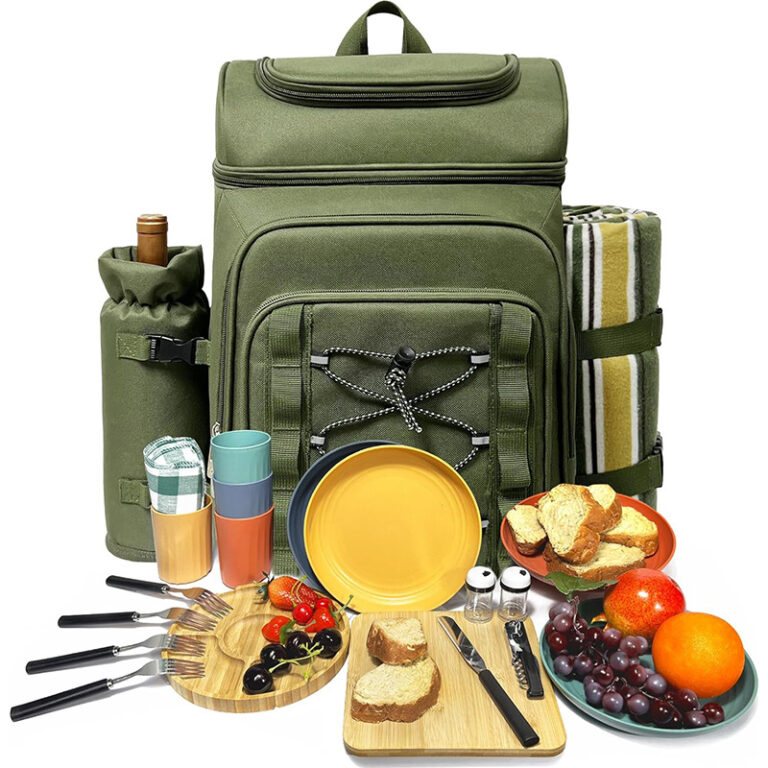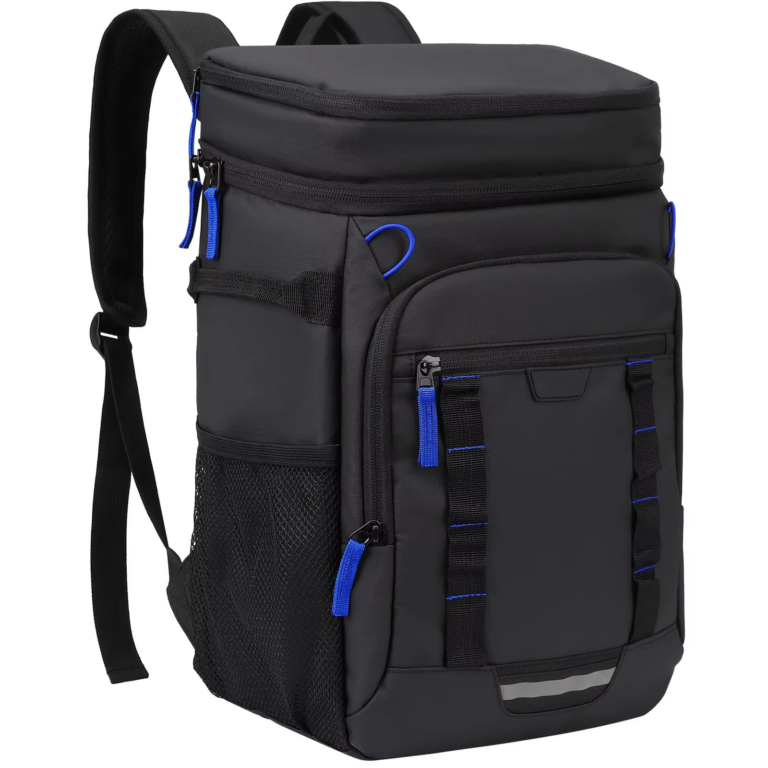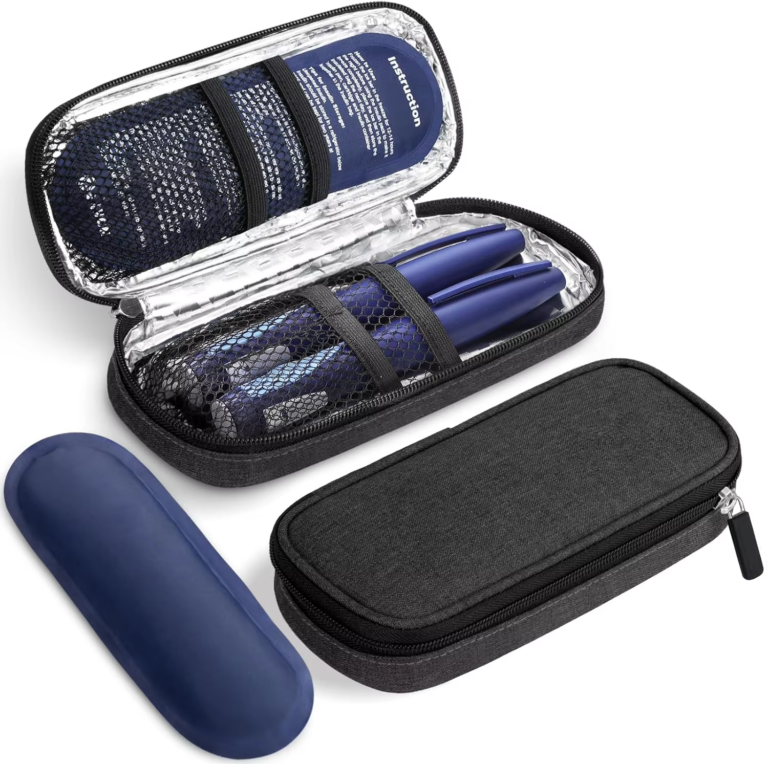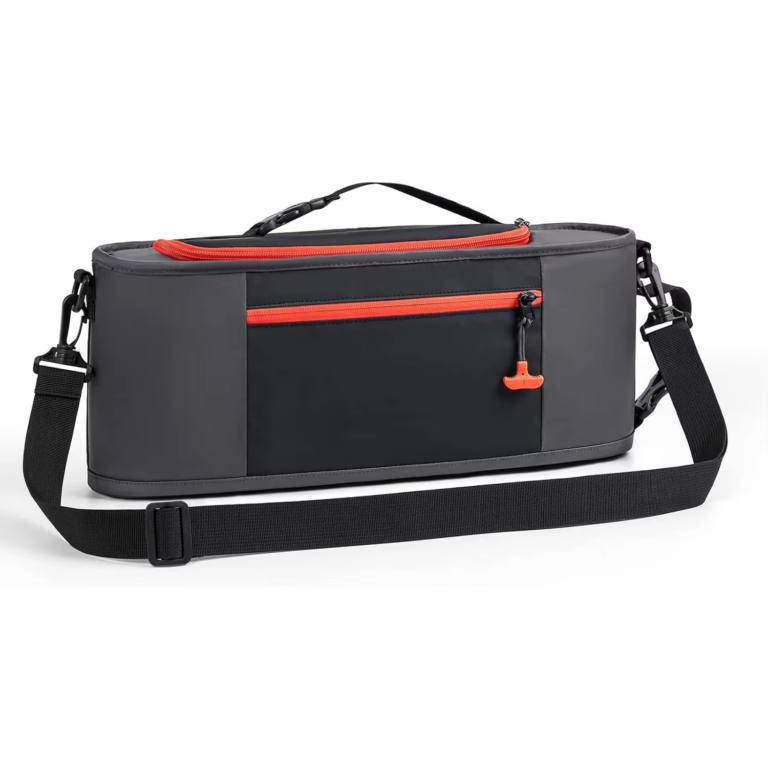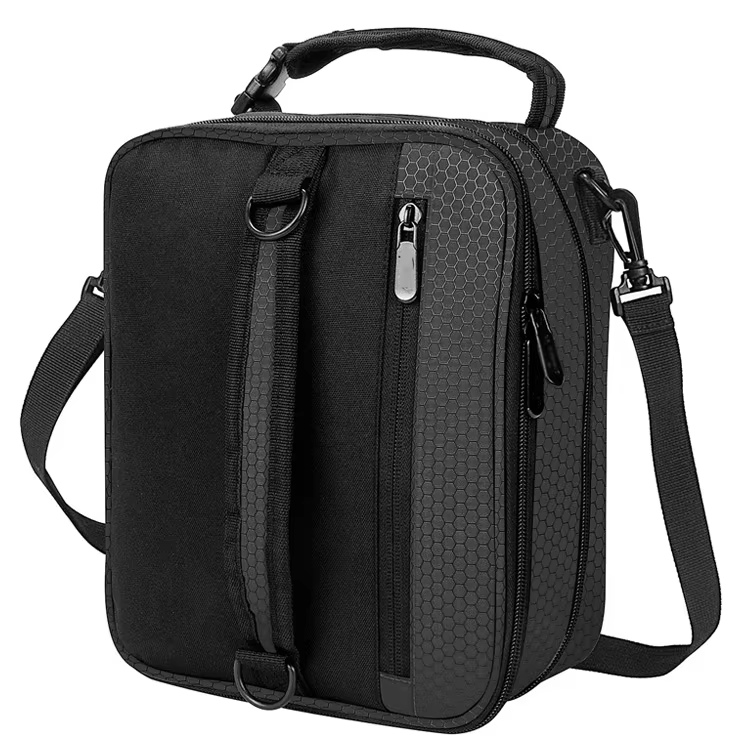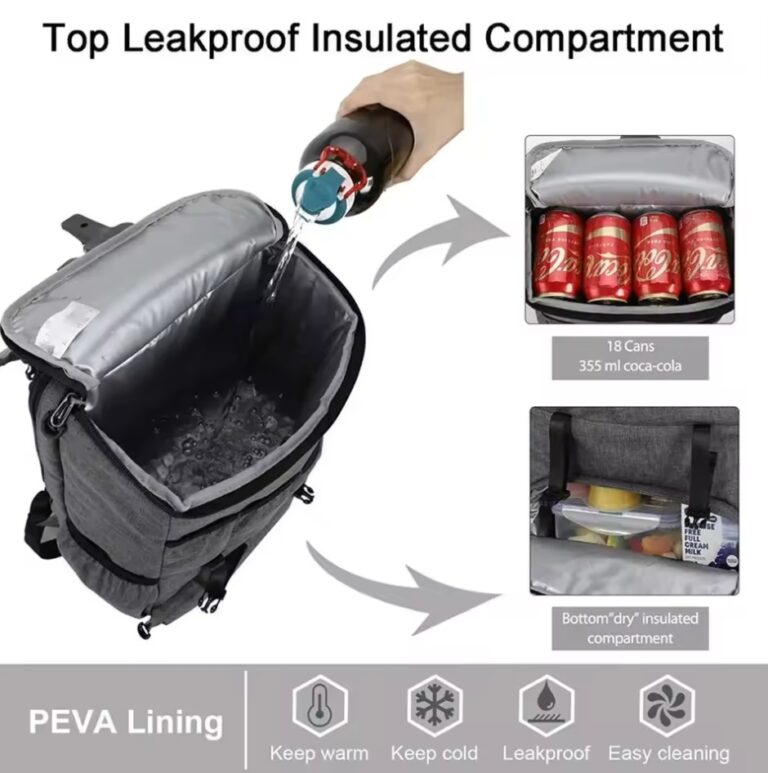Waterproof Cooler Bag: Merging Functionality with Eco-Friendly Production
In a world where outdoor adventures, piknik, and on-the-go lifestyles dominate, the demand for reliable cooling solutions has never been higher. Enter the waterproof cooler bag – a versatile companion designed to keep food and drinks fresh while withstanding spills, rain, and damp environments. But beyond its practicality, modern consumers are increasingly prioritizing sustainability, making eco-friendly production a defining factor in choosing the right waterproof cooler bag. This article explores the design, benefits, and the critical role of eco-friendly manufacturing in shaping today’s waterproof cooler bags.

The Evolution of Waterproof Cooler Bags: From Utility to Sustainability
Gone are the days when cooler bags were bulky, single-use, or made with harmful materials. Early iterations focused solely on insulation, often using non-biodegradable plastics and chemical-laden waterproofing agents that took centuries to decompose. Today, however, the waterproof cooler bag has undergone a green revolution. Brands are reimagining every aspect of production, from raw materials to manufacturing processes, to align with eco-conscious values.
A high-quality waterproof cooler bag now balances three core needs: superior insulation to maintain cold temperatures, robust waterproofing to protect contents from moisture, and a commitment to eco-friendly production to minimize environmental impact. This trifecta has made it a staple for campers, beachgoers, parents, and professionals alike.
Desain & Functionality: How Waterproof Cooler Bags Work
At first glance, a waterproof cooler bag may look like a simple tote, but its design is a feat of engineering. Here’s what makes it effective:
- Waterproof Materials: The outer layer is typically crafted from heavy-duty, water-resistant fabrics like PVC-free polyester or recycled nylon. These materials repel liquid, ensuring rain, splashes, or melted ice won’t seep through. Unlike traditional PVC, which releases toxic chemicals during production and disposal, modern alternatives are non-toxic and often recyclable.
- Insulation Layers: Inside, multi-layered insulation – often made from recycled foam or plant-based fibers – traps cold air, keeping contents chilled for hours (or even days, depending on the model). This insulation is lightweight yet dense, avoiding the bulk of old-fashioned coolers.
- Sealed Construction: Waterproof zippers, heat-sealed seams, and reinforced bottoms prevent leaks. Some models even include leakproof liners made from food-grade, BPA-free materials, ensuring safety for storing snacks and drinks.
- Portability: Adjustable straps, ergonomic handles, and foldable designs make these bags easy to carry, whether hiking a trail or commuting to work. Their compact size when empty also saves space in storage.
Eco-Friendly Production: The Heart of Modern Waterproof Cooler Bags
Eco-friendly production isn’t just a buzzword – it’s a commitment to reducing harm to the planet at every stage of manufacturing. For waterproof cooler bags, this means:
- Use of Recycled Materials: Leading brands source fabrics from post-consumer waste, such as plastic bottles. Misalnya, a single cooler bag can repurpose up to 30 plastic bottles, diverting them from landfills and oceans. Recycled polyester retains the same durability and water resistance as virgin materials but reduces reliance on fossil fuels.
- Non-Toxic Treatments: Traditional waterproofing often relied on perfluorinated chemicals (PFCs), which are toxic and persist in the environment. Eco-conscious manufacturers now use plant-based waxes or water-based coatings to achieve waterproofing without harmful side effects. These treatments are biodegradable and safer for both workers and consumers.
- Energy-Efficient Manufacturing: Factories powered by renewable energy (solar, wind) minimize carbon emissions. Selain itu, lean production processes reduce waste – leftover fabric scraps are repurposed into smaller accessories, and water used in dyeing is filtered and reused.
- Biodegradable Components: Even small parts, like zippers and tags, are being reimagined. Some brands use zippers made from recycled metal, while tags are printed on recycled paper with soy-based inks. In the future, we may see fully biodegradable insulation made from mushroom mycelium or seaweed.
- Certifications Matter: Look for certifications like GOTS (Global Organic Textile Standard) or OEKO-TEX to ensure the bag is free from harmful substances. These labels verify that eco-friendly production practices are followed from material sourcing to final assembly.

Why Eco-Friendly Waterproof Cooler Bags Matter
Choosing a waterproof cooler bag made with eco-friendly production isn’t just a personal choice – it’s a step toward a more sustainable planet. Here’s why:
- Reduces Plastic Waste: By using recycled materials, these bags combat the 8 million tons of plastic that enter oceans annually. They also promote a circular economy, where products are designed to be reused and recycled.
- Lowers Carbon Footprint: From reduced energy use in manufacturing to less reliance on virgin materials, eco-friendly production cuts down on greenhouse gas emissions. A single eco-made cooler bag can have up to 50% lower carbon emissions than a conventional one.
- Protects Ecosystems: Non-toxic materials mean less pollution in soil and water, safeguarding wildlife and natural habitats. This is especially crucial for outdoor enthusiasts who cherish the environments they explore.
- Durability Equals Less Waste: Eco-friendly cooler bags are built to last. Their high-quality materials resist wear and tear, reducing the need for frequent replacements – a stark contrast to cheap, disposable alternatives that end up in landfills after a few uses.
Choosing the Right Waterproof Cooler Bag: What to Look For
When shopping for a waterproof cooler bag, prioritize both functionality and sustainability. Here’s a checklist:
- Waterproof Rating: Ensure it’s labeled “100% waterproof” (not just water-resistant) to handle heavy rain or submersion in shallow water.
- Insulation Performance: Check how long it keeps items cold (aim for 12+ hours for day trips, 24+ hours for longer outings).
- Eco-Credentials: Look for mentions of recycled materials, non-toxic waterproofing, and renewable energy in production. Certifications add credibility.
- Ukuran & Fitur: Pick a size that fits your needs (small for lunches, large for family picnics). Extra pockets, detachable straps, or a leakproof drain plug can boost usability.
- Brand Values: Support brands transparent about their supply chain and commitment to sustainability. Many share their eco-friendly production processes on their websites.

The Future of Waterproof Cooler Bags: Innovations in Sustainability
As consumer demand for green products grows, the waterproof cooler bag industry is evolving rapidly. Emerging trends include:
- Self-Healing Fabrics: Materials that repair small punctures on their own, extending the bag’s lifespan.
- Solar-Powered Cooling: Integrated solar panels to enhance insulation, reducing the need for ice packs.
- Closed-Loop Recycling Programs: Brands offering take-back schemes to recycle old cooler bags into new ones.
Conclusion
The waterproof cooler bag has come a long way from its humble beginnings, proving that functionality and sustainability can go hand in hand. By prioritizing eco-friendly production – through recycled materials, non-toxic processes, and energy efficiency – these bags not only keep your snacks cold but also help keep the planet healthy.
Whether you’re heading to the beach, a tailgate party, or a weekend camping trip, choosing an eco-friendly waterproof cooler bag is a small yet impactful decision. It’s a reminder that every purchase we make can contribute to a more sustainable future – one cold drink, one picnic, and one responsible choice at a time.
Tags:tas kosmetik,tactical backpack
Hubungi kami untuk penawaran grosir

